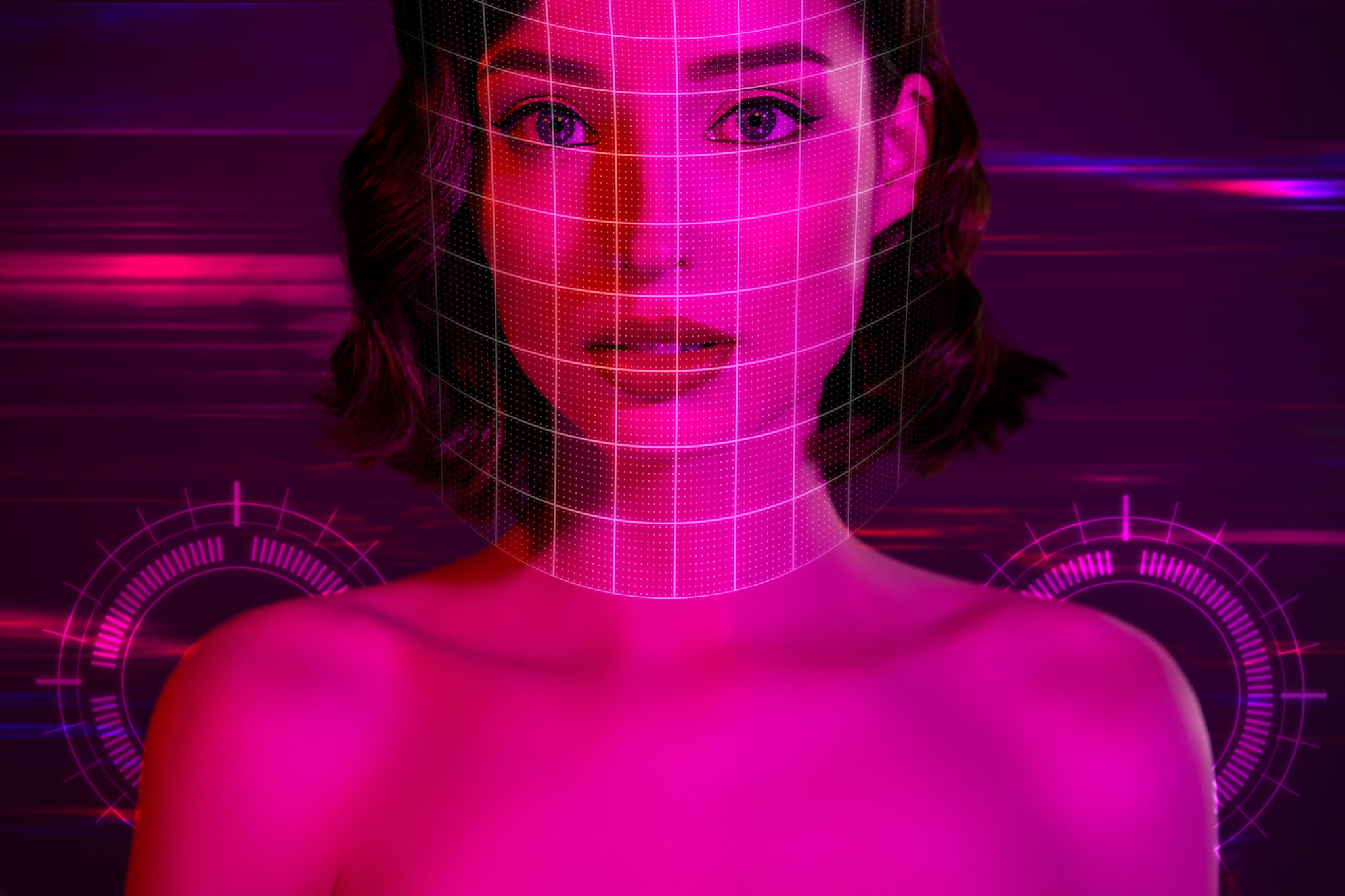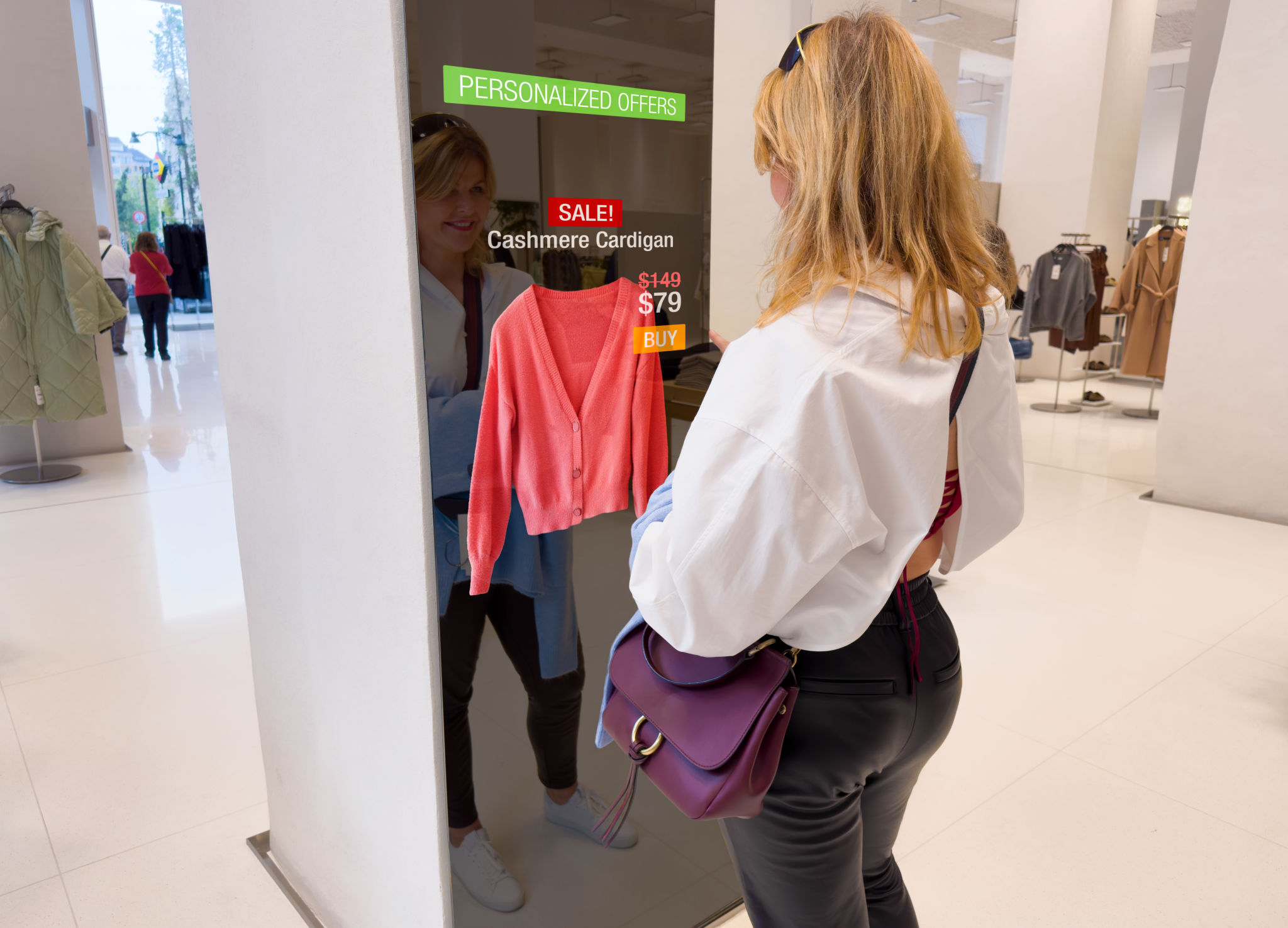Exploring the Intersection of AI and Fashion: What's Next?
The Rise of AI in the Fashion Industry
Artificial Intelligence (AI) is revolutionizing the fashion industry, transforming everything from design to retail. By leveraging data-driven insights, fashion brands can create more personalized and efficient experiences for their customers. AI's role has expanded significantly, influencing trend forecasting, supply chain management, and even creative design. As technology continues to advance, the intersection of AI and fashion promises an exciting future.
One of the most significant impacts of AI in fashion is its ability to predict trends. By analyzing vast amounts of data from social media, runway shows, and consumer behavior, AI systems can forecast trends with remarkable accuracy. This allows designers and brands to stay ahead of the curve and meet consumer demands effectively.

Enhancing the Creative Process
AI is not just about efficiency; it's also enhancing creativity within the fashion industry. Designers are using AI to explore new avenues of creativity, allowing them to experiment with colors, patterns, and materials that they might not have considered otherwise. AI-driven tools can generate design ideas, providing a fresh perspective that complements human creativity.
Moreover, AI can automate repetitive tasks in the design process, freeing up time for designers to focus on innovation. For instance, AI can assist in creating prototypes quickly and accurately, reducing the time from concept to production. This synergy between human creativity and AI capabilities is paving the way for groundbreaking designs.

Personalization and Customer Experience
Another area where AI is making a significant impact is in personalization. Consumers today expect personalized shopping experiences, and AI is helping brands deliver just that. By analyzing customer data, AI can recommend products tailored to individual preferences, leading to higher customer satisfaction and increased sales.
For instance, AI-driven chatbots provide personalized assistance and styling advice, enhancing the overall shopping experience. Additionally, virtual fitting rooms powered by AI technology allow customers to try on clothes virtually, making online shopping more interactive and reducing return rates.

Optimizing Supply Chains
AI is also transforming supply chain management in the fashion industry. By predicting demand more accurately, brands can optimize their inventory levels, reducing waste and improving sustainability. AI algorithms analyze sales data, weather patterns, and other variables to ensure that the right products are available at the right time.
This optimization extends to logistics as well. AI can streamline shipping processes by predicting the most efficient routes and identifying potential delays. As a result, brands can ensure timely delivery while minimizing costs, ultimately benefiting both businesses and consumers.

The Future of AI in Fashion
The future of AI in fashion holds limitless possibilities. As technology continues to evolve, we can expect even more sophisticated applications of AI in the industry. From augmented reality experiences that blend digital and physical worlds to hyper-personalized marketing strategies, the future promises exciting developments.
Furthermore, ethical considerations will play a crucial role as AI becomes more integrated into fashion. Ensuring data privacy and addressing concerns about job displacement will be essential as the industry navigates this technological transformation.
In conclusion, the intersection of AI and fashion is a dynamic space that is reshaping the industry. By embracing these innovations, fashion brands can create a more sustainable, personalized, and creative future for themselves and their customers.